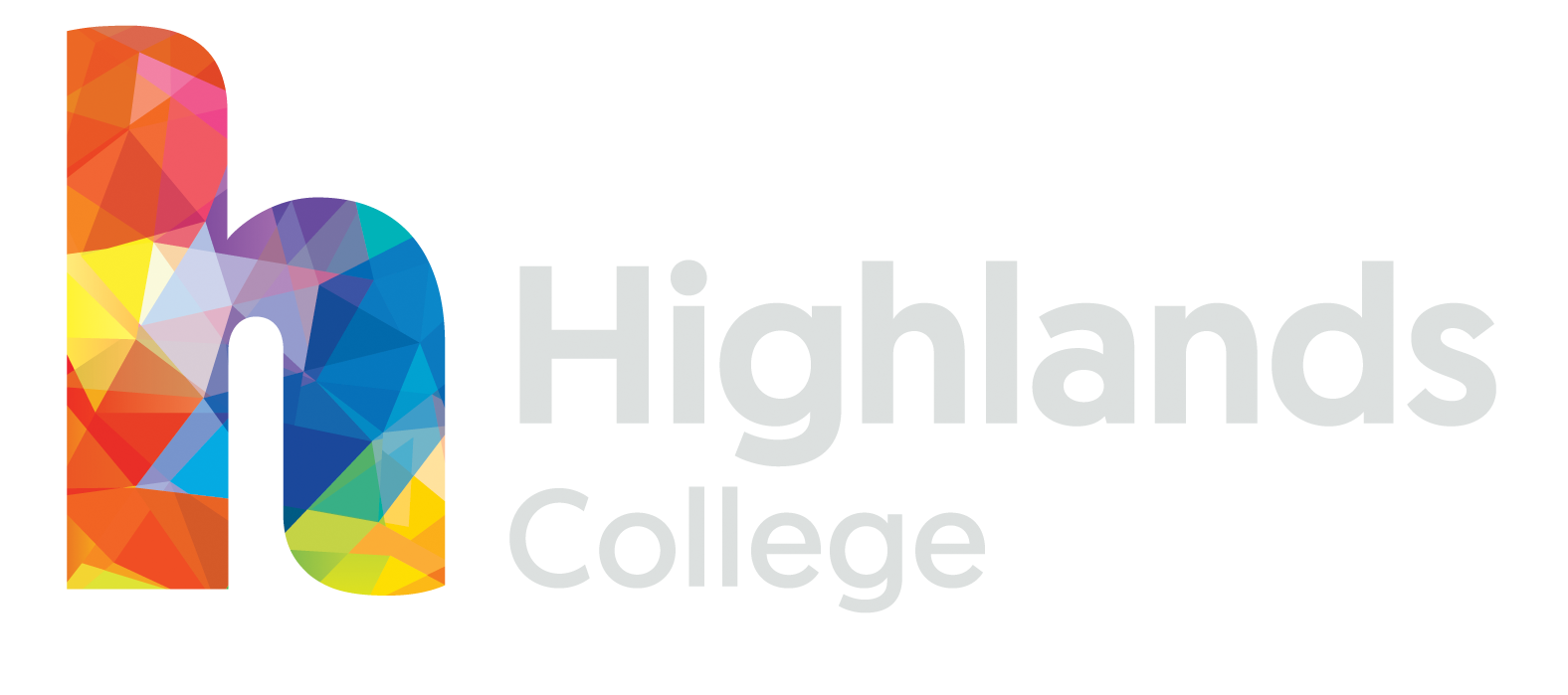🔹Did You Know?
Having epilepsy and taking anti-seizure medication can affect a student’s learning in several ways.
.
.
There are five areas where your awareness could support a student with epilepsy to achieve their best:
- Communication
It can affect what happens when a student is listening to, or trying to understand what is being be said to them. It might also make it difficult to find the right words to express themselves and make themselves understood. Find useful strategies at Guide for schools.
Guide for schools. Communication | Young Epilepsy
- Cognition
It might affect their memory, including forgetting what they have read or heard, processing speed and attention and concentration. Find useful strategies at Guide for schools.
Guide for schools. Cognition | Young Epilepsy
- Motor Skills
Coordination, and fine motor skills like handwriting can be affected causing difficulties with notetaking and operating equipment.
- Exams
Think about exam access arrangements. Consider arranging supervised rest breaks. Do they need extra time? Are there times of the day when they are more likely to have seizures? Would they benefit from having a smaller room? Complete a Learning Support Referral to see what support can be offered.
- Transition Support
Students may benefit from additional transition visits, meeting key staff, additional time to negotiate new areas. Information about their epilepsy and first aid procedures will be shared as soon as it is available.
- Sleep
Disrupted sleep due to seizures and/or side effects of medications can affect memory and emotional well being
.
Next Week:
Beyond the Seizures: Understanding the Emotional Toll of Epilepsy on Young Minds
